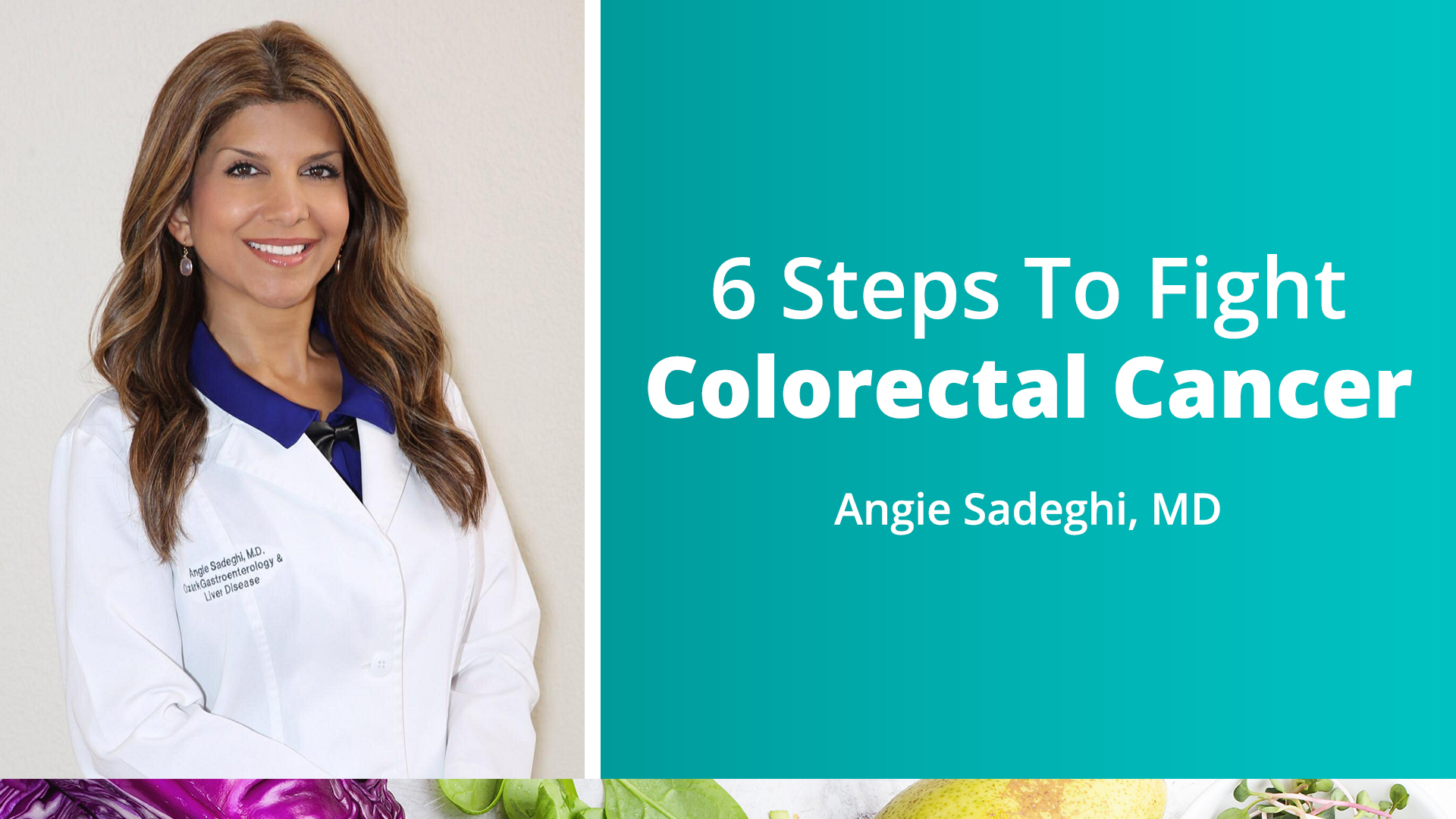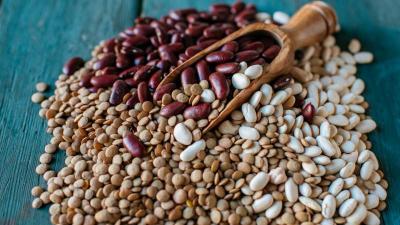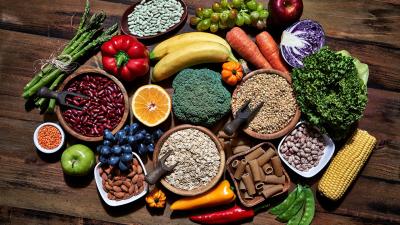6 Steps To Fight Colorectal Cancer

Reduce your risk for colorectal cancer this March with a healthful diet and lifestyle!
Note: We are so excited to welcome Angie Sadeghi, MD, to share a guest blog this month for Colorectal Cancer Awareness Month! Dr. Sadeghi is a board-certified gastroenterologist who specializes in the treatment of digestive issues and illnesses related to the stomach, liver, esophagus, and colon.
This year, approximately 145,000 adults in the United States will be diagnosed with colorectal cancer. It’s now the second leading cause of cancer death for men and women, accounting for about 10 percent of all cancer deaths in the U.S. But the good news is that we can change that!
While it’s important that people continue to follow recommendations for age-appropriate colorectal cancer screenings, there are simple steps we all can take today to keep our digestive systems healthy.
Following a healthful diet and lifestyle have been proven to significantly reduce the risk of colorectal cancer, and today I’m here to share six steps that you can take to reduce your risk!
Ditch the deli meat.
In 2015, the World Health Organization released a scientific report warning that processed meat—like hot dogs, bacon, pepperoni, and deli meat—are known human carcinogens. The authors cited evidence showing that even just one 50-gram serving of processed meat per day—which means a few slices of bacon or one hot dog—increases the risk of colorectal cancer by 18 percent. In fact, processed meat is so strongly linked to cancer that the World Cancer Research Fund warns that no amount is safe.
What makes processed meat so dangerous? These foods contain substances—including heme iron—that can cause DNA damage. When cooked at high temperatures, processed meat also forms dangerous compounds, including N-nitroso compounds and heterocyclic amines, that can damage cells in the digestive system.
Eat a plant-based diet.
Fight with your fork! A major study of more than 77,000 participants found that those following a plant-based diet had a 22 percent lower risk for all types of colorectal cancers compared with those who consumed an omnivorous diet. Plant-based diets may be especially protective, because fruits, vegetables, whole grains, and legumes are packed with cancer-fighting phytochemicals!
Fill up on fiber.
Fiber—or the roughage that gives plant foods their bulk—helps fight colorectal cancer. One study found that those who consumed the most fiber had a 28 percent lower likelihood of developing colon polyps—which can be precursors to colorectal cancer—compared with those who consumed the least fiber. How does it work? A high-fiber diet prevents damage to the intestines and speeds up digestive transit.
Fiber is also beneficial because it stimulates the growth of healthy gut bacteria that protect against colorectal cancer. One large-scale study in more than 10,000 participants found that the more plants people ate, the more diverse their microbiomes. How many should we strive for? Those who saw the most benefits ate more than 30 unique sources of plant fiber per week!
Maintain a healthy weight.
Trimming away extra pounds can help reduce your risk. One study observed more than 500,000 people and found that the more excess weight people had, the higher their risk for colorectal cancer. Those with a BMI above 40 had a roughly 45 percent greater risk, compared with those with BMIs in the healthy range. Individuals who were mildly or moderately obese appeared to have a 10 percent and 35 percent greater risk, respectively.
Avoid alcohol.
Trade the cocktail for a mocktail! Drinking just one alcoholic beverage or more per day has been associated with an increased risk for colorectal cancer.
Lace up your sneakers!
Work up a sweat to reduce your risk. In a study of more than 120,000 women, those who exercised for four or more hours a week had half the risk for colorectal cancer, compared with those who exercised 30 minutes per week or less.








